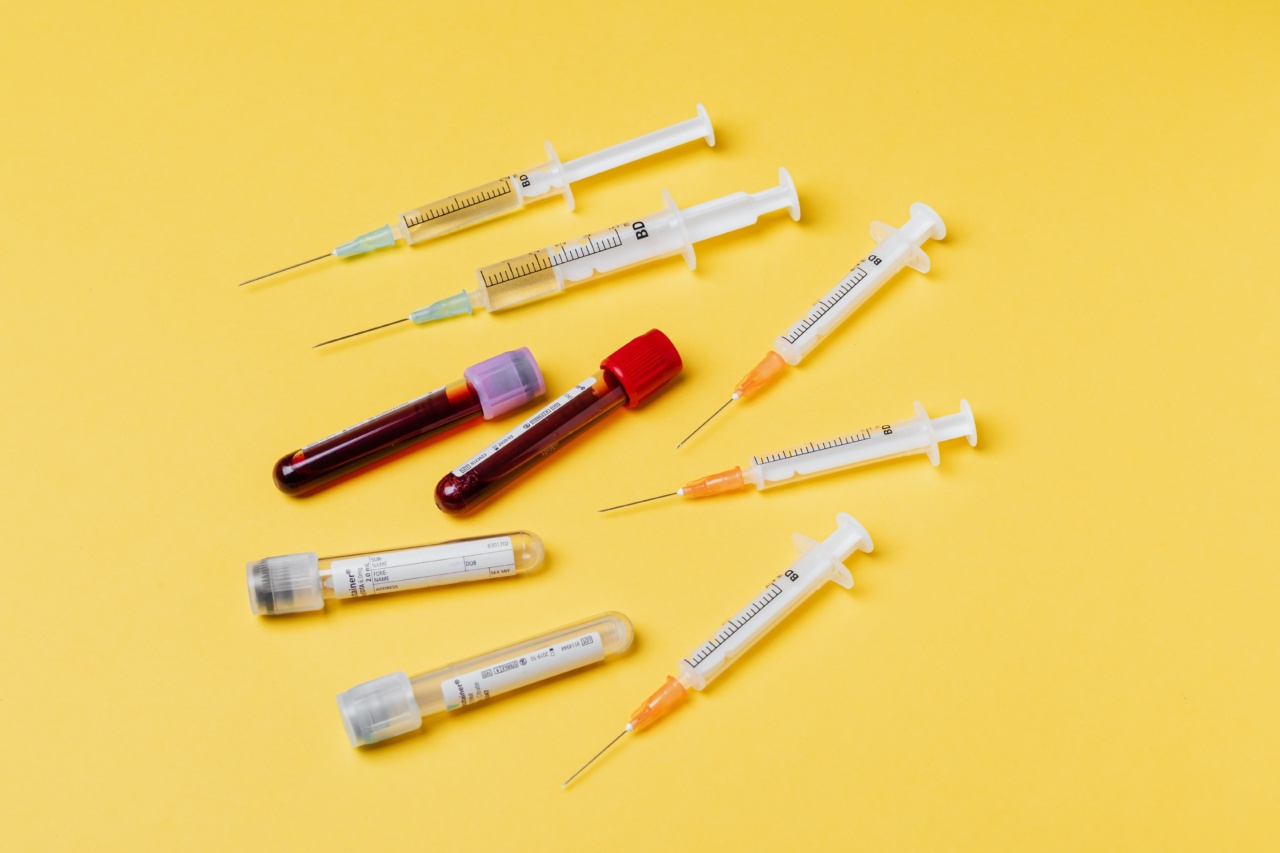High blood pressure, also known as hypertension, is a common medical condition that affects millions of people all over the world. High blood pressure occurs when the force of the blood flow in your arteries is higher than normal.
Over time, this can cause damage to your blood vessels, heart, and other organs in the body. If left untreated, high blood pressure can lead to serious health complications such as stroke, heart attack, heart failure, and kidney disease.
However, by making some simple lifestyle changes and taking preventive measures, you can help maintain a healthy blood pressure and reduce your risk for these complications. In this article, we will discuss some of the things you can do to prevent high blood pressure.
1. Maintain a Healthy Weight
One of the most important things you can do to prevent high blood pressure is to maintain a healthy weight. Being overweight or obese puts extra pressure on your heart and blood vessels, which can lead to high blood pressure.
To maintain a healthy weight, you should eat a balanced diet that is low in saturated and trans fats, sugar, and salt. Focus on eating plenty of fruits, vegetables, whole grains, lean protein, and healthy fats. Avoid processed foods and sugary drinks, which can contribute to weight gain. Aim to exercise for at least 30 minutes a day, most days of the week.
2. Exercise Regularly
Regular physical activity is essential for maintaining a healthy blood pressure. Exercise helps to strengthen the heart and blood vessels, which can help to lower blood pressure.
Aim to get at least 30 minutes of moderate-intensity exercise most days of the week. Some examples of moderate-intensity exercise include brisk walking, cycling, swimming, or dancing. If you are not used to exercising, talk to your doctor before starting a new exercise program.
3. Limit Alcohol Intake
Drinking too much alcohol can raise your blood pressure. If you choose to drink alcohol, do so in moderation. This means no more than one drink per day for women and no more than two drinks per day for men.
One drink is defined as a 12-ounce beer, a 5-ounce glass of wine, or 1.5 ounces of distilled spirits.
4. Quit Smoking
Smoking can damage your blood vessels and raise your blood pressure. If you smoke, quit as soon as possible. Talk to your doctor or a smoking cessation specialist for help with quitting.
5. Manage Stress
Chronic stress can contribute to high blood pressure. To manage stress, try relaxation techniques such as deep breathing, meditation, or yoga. Take time for activities that you enjoy, and prioritize sleep and rest.
If you feel overwhelmed by stress, talk to your doctor or a mental health professional for help.
6. Monitor Your Blood Pressure
Regular blood pressure checks are important for monitoring your blood pressure and detecting any changes early on. You can check your blood pressure at home using a blood pressure monitor, or you can have it checked at your doctor’s office.
Keep track of your blood pressure readings and share them with your doctor.
7. Follow a Low-Sodium Diet
Consuming too much sodium can raise your blood pressure. To lower your sodium intake, try to limit processed foods, canned foods, and fast food. Instead, cook meals at home using fresh ingredients and herbs and spices for flavor.
Aim to consume less than 2,300 milligrams of sodium per day, and even less if you have high blood pressure or other health conditions.
8. Get Enough Potassium
Getting enough potassium in your diet can help to reduce high blood pressure. Foods that are high in potassium include bananas, oranges, avocados, spinach, sweet potatoes, beans, and tomatoes.
Aim to get at least 2,000-4,700 milligrams of potassium per day, depending on your age and sex.
9. Take Medication as Prescribed
If your doctor has prescribed medication to help lower your blood pressure, take it as directed. Do not stop taking your medication without talking to your doctor first.
Even if you feel fine, your medication is still important for managing your blood pressure and reducing your risk for complications.
10. Limit Caffeine Intake
Caffeine can cause a temporary increase in blood pressure. If you are sensitive to caffeine, try to limit your intake of coffee, tea, soda, and other caffeinated beverages. Talk to your doctor about how much caffeine is safe for you.
By following these preventive measures, you can help maintain a healthy blood pressure and reduce your risk for complications.
If you have high blood pressure or are at risk for developing it, talk to your doctor about additional measures you can take to prevent complications.



























